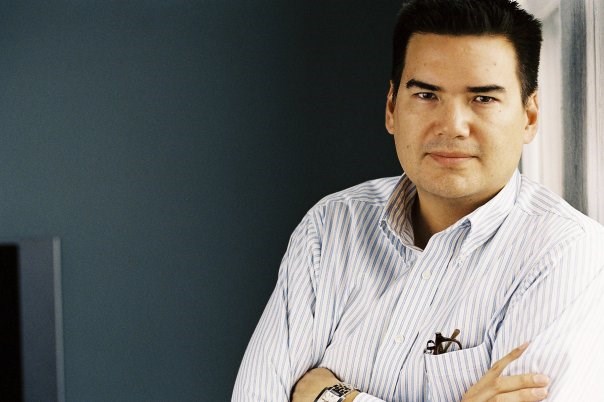The past few years have witnessed a tremendous increase in awareness among all Canadians of the injustices that indigenous children have experienced over many generations as a result of government laws, policies, and actions. For example, no Canadian can now deny the racist and pernicious legacy of the residential school system, and how it represents one of the darkest and most painful realities of Canadian history.
As we come to terms with these past wrongs, however, it is critically important to recognize that tremendous injustices faced by indigenous children remain with us today.
Last month, the Canadian Human Rights Tribunal pulled the curtain back on a dark fact that Canadian governments have never wanted to acknowledge — that they view the life of an indigenous child as being of less worth than a child of another background. That is why significantly less funding goes to care for an indigenous child in government care than other children.
Somehow, in 2016, we in Canada still measure the value of human life by criteria such as the colour of our skin and the culture and people one comes from.
We are all responsible for this injustice. While we all should be screaming from the rooftops for change, and working endlessly to address it, we too often prevaricate, blame, confuse or remain quiet. The recently issued final report of Canada’s Truth and Reconciliation Commission calls all governments, including indigenous governments, to work together to address the crisis in child welfare.
Mary Ellen Turpel-Lafond, in her role as the B.C. representative for children and youth, does exactly what is needed to overcome the injustice that harms indigenous children. She shines light on it, educates all of us about it, makes it real in our lives, and relentlessly pushes and shames us to act.
This is not an easy job — it takes courage, strength and indomitable spirit, and the representative has fulfilled it with the integrity and passion it demands. We should be applauding, thanking and supporting her for this work every chance we get.
Last week, the representative issued a report that outlined how the province was making sweeping changes to the child-welfare system based on the fundamentally flawed “Plecas Report” without so much as speaking to an indigenous leader, community, family or child — even though more than 50 per cent of the children in care are indigenous. We should all be thanking her for drawing our attention to this.
Instead, the Speaker of the legislative assembly wrote the representative a letter saying she was in contempt of the legislature. The Speaker used harsh language, including upbraiding Turpel-Lafond for an “egregious action, disrespectful and inconsistent with your position’s statutory relationship with the legislature and a contempt of parliament.”
This is so wrong. There is no basis for the letter’s finding of contempt, as the Speaker lacks the power to make such a unilateral decision on a matter over which only the house has authority, and even then, only with the proper process could such a finding be made.
As such, this feels more like a spurious attack on the reputation of an individual who has served well as an officer of the legislature and has tried to do her job under very difficult circumstances that would cause the best of us to wither and run for cover.
But more so, it is so concerning that the vital issue of the injustices faced by indigenous children — and the attempt to leave indigenous peoples on the outside of decisions that affect their lives — is being clouded by attacks on the very person who is drawing our attention to these wrongs in the first place.
Doug White (Kwulasultun) is a lawyer, a Snuneymuxw First Nation councillor, director of the Centre for Pre-Confederation Treaties and Reconciliation at Vancouver Island University and a member of B.C. Aboriginal Justice Council.



